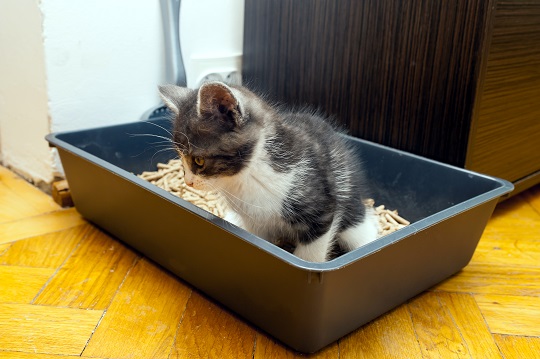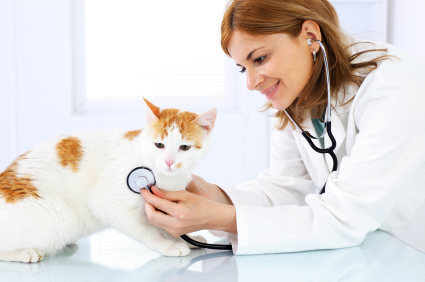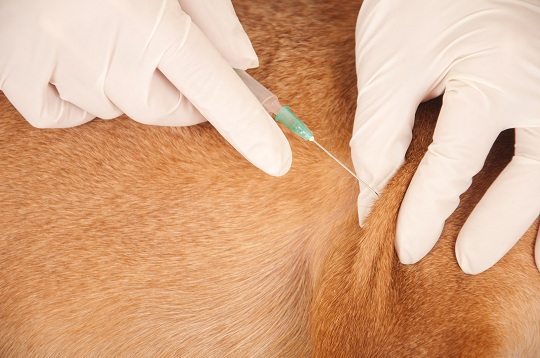It is important to closely monitor your cat’s habits, nutrition and behavior daily in order to be aware when something goes wrong. Vets often receive the concern, “My cat has bloody stools! What should I do?” Inform yourself before you speak to a doctor.
My Cat Has Bloody Stools!
A bloody stool is also known as hematochezia, and can result from intestinal problems or a more serious condition. Bleeding in the lower intestines and rectum causes hematochezia; melena, on the other hand, comes out much darker and is caused by bleeding in the upper intestines.
If blood is present in your cat’s stool one time, then your cat may have simply experienced a minor gastrointestinal issue, like eating something unfamiliar or being exposed to drastic environmental changes. If this is the case, do not worry. Try to keep your cat’s diet consistent. If you must change your cat’s food or environment, try to do so gradually so as to not shock its intestines. If your cat has multiple bloody stools, then your cat may have a more serious condition and you will need to take it to the veterinarian.
Colitis, an inflammation of the cat’s colon, commonly causes bloody stools. You can recognize colitis if your cat defecates frequently and in small amounts. Colitis causes dehydration, so make sure your cat is drinking plenty of water and take your cat to see its veterinarian so you can receive a proper diagnosis.
A parasite could also be causing bloody stools. They upset your cat’s intestines and can cause bloody stools, vomiting, and frequent eating. Bring a fecal sample to the veterinarian for testing.
Find A Reliable Veterinarian Near You
If your cat is experiencing bloody stools or other health problems, contact a veterinarian as soon as possible. TalkLocal can help connect you with quality local veterinarians in minutes. Try TalkLocal today, for free!











